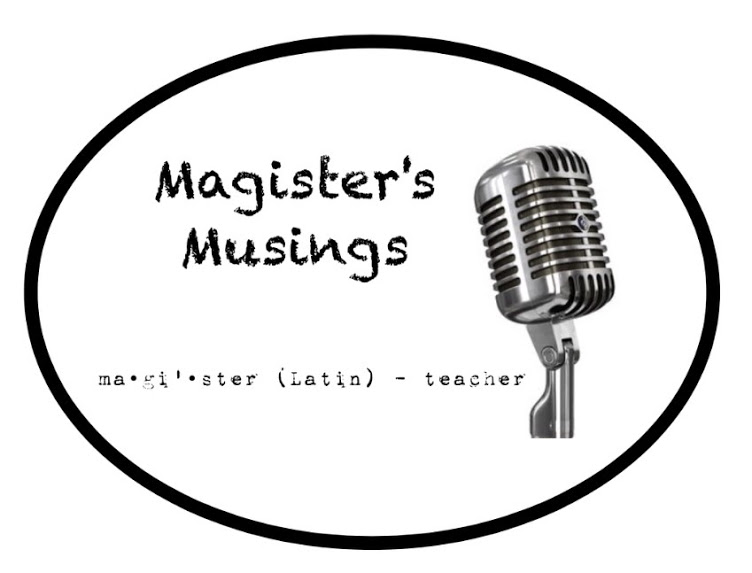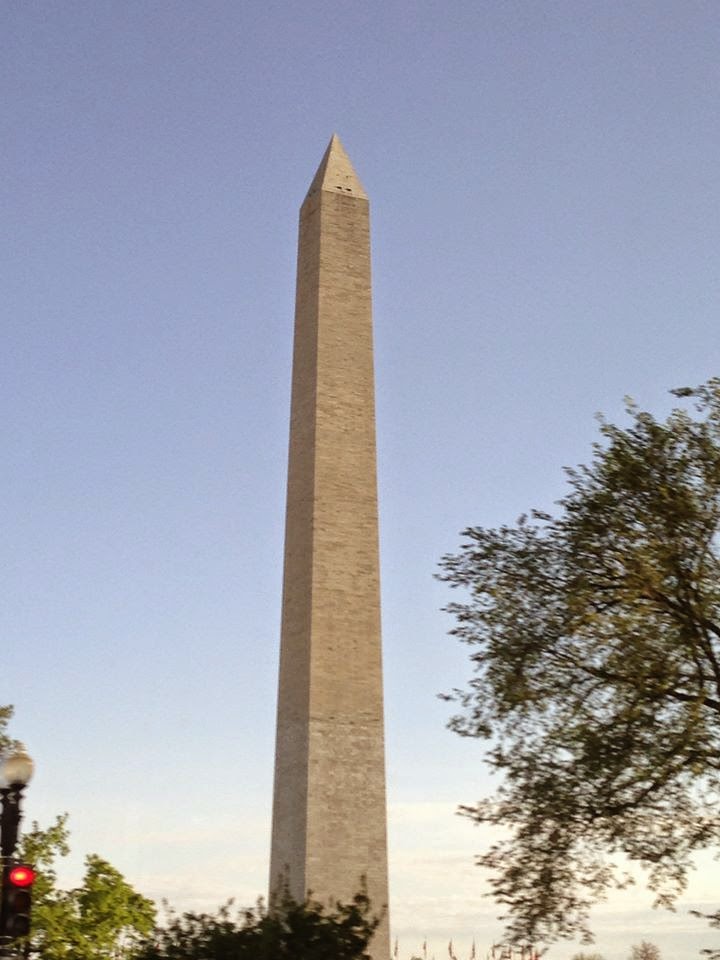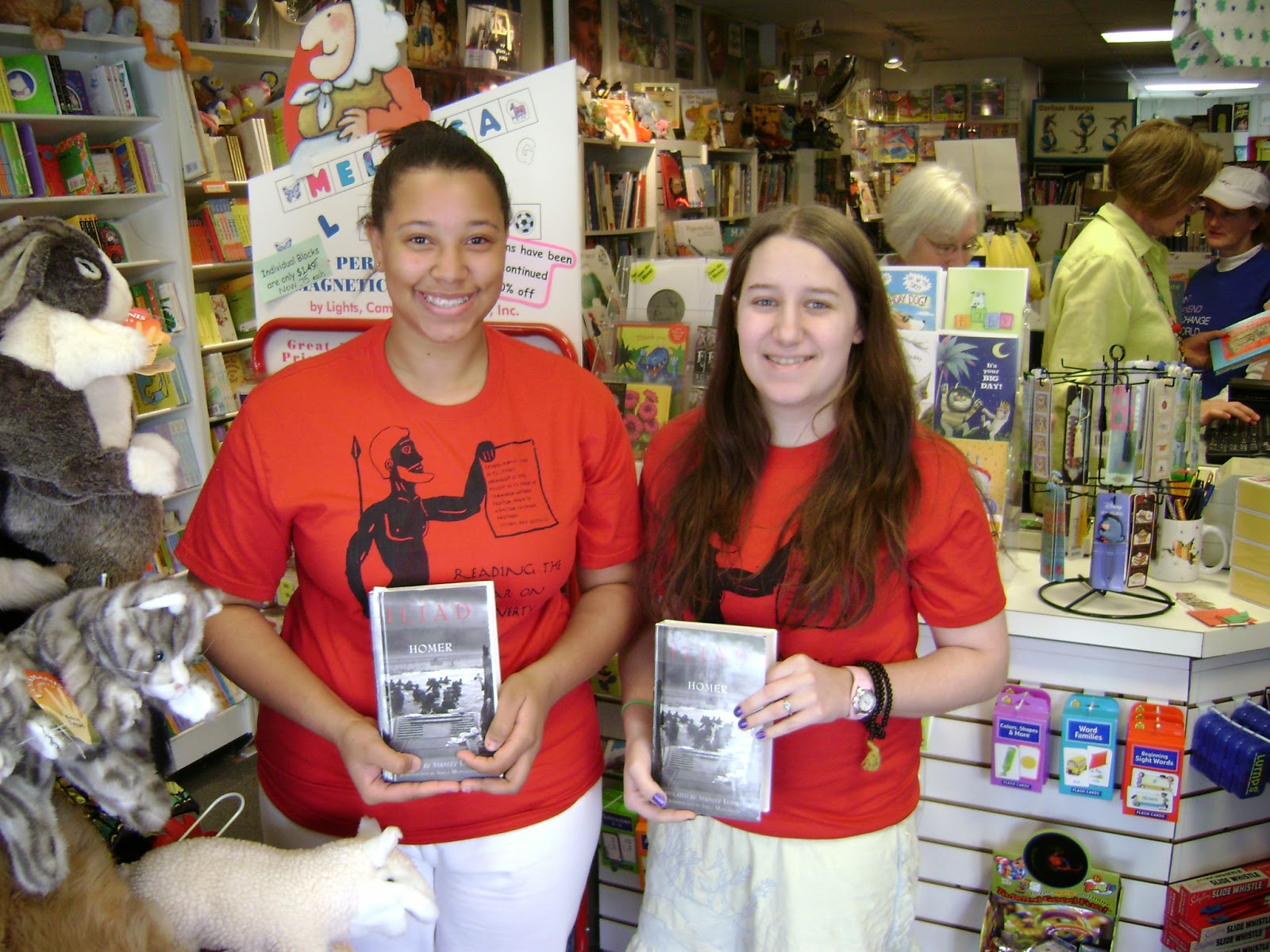The picture is an unassuming one. It is of a monitor showing a vote on C-SPAN. The monitor hangs in the corner of the room. To be honest, the most interesting part of the picture may be the bit of detailing on the ceiling, which is quite handsome.
If I told you the office belongs to Congresswoman Susan Brooks from Indiana's 5th congressional district, you might find it a bit more interesting, but only a bit. This is, after all, just a picture of a monitor displaying C-SPAN. Or is it?
Before I tell you what this photograph actually depicts, let me back up. Mid-morning today, my family and I met with Senator Dan Coats of Indiana. One of his staff apologized that the Senator would not have more time to meet with us as he had planned, but a vote called him to the Senate floor. We took a couple of pictures outside his office in the Russell Senate Office Building and then we were whisked away on the Senate monorail to meet Senator Coats in the Senate reception area.
While the official picture is on the Senator's website, our son snapped two with my phone.
You must understand that I see all of this through the long view of history. I am not star struck to be in the corridors of power, but I am humbled to shake the hand of someone who stands in a long line of elected officials that goes back to Cicero and Cato. In 509 B.C., when the Romans had shaken off the yoke of monarchy and sought to govern themselves, they established a senate of elected citizens who could represent all of Rome. In the 18th century, when Americans shook off a similar monarchical yoke, we looked to ancient Rome for inspiration on how to govern this new nation. The grand architecture of our Capitol calls to mind our Classical heritage, and while togas have yielded to suits, the legacy of the Roman republic lives on in our own.
Filled with such historic and patriotic thoughts, we next made our way to the Longworth House Office Building to meet with Congresswoman Brooks. We sat in her office and talked about Indiana, and when she asked me what I would like to see happen in education, I shared with her the importance of maintaining our two thousand-year heritage of well-rounded, liberal arts education, one that addresses the whole student and truly prepares him or her for whatever lies ahead.
In the midst of such conversation, her assistant informed her that her vote had been moved up, and that she would have to end her time with us. To our complete surprise, she asked us if our children, Austin and Olivia, would like to join her on the House floor. We said yes, and she led them off. From her office, we watched the vote take place on her monitor broadcasting C-SPAN.
And so we return to the picture at the top of this post. Although you cannot make them out, our children are there, on the floor of the United States House of Representatives. Congresswoman Brooks allowed them to push the buttons, and they each registered the Congresswoman's vote on two separate issues. Melissa and I burst with pride.
When people ask me what my favorite story is, my response is the book of the lives of our children, for I truly cannot wait to turn the page to see what will happen next. This is no doubt true of most parents, and teachers have the privilege to help write a few lines. Today I had the opportunity to read a chapter, one that places our children's story squarely within the drama of freedom that has been unfolding for two thousand years. I could not be happier.









































.JPG)


















